2025-2026 REACH Projects
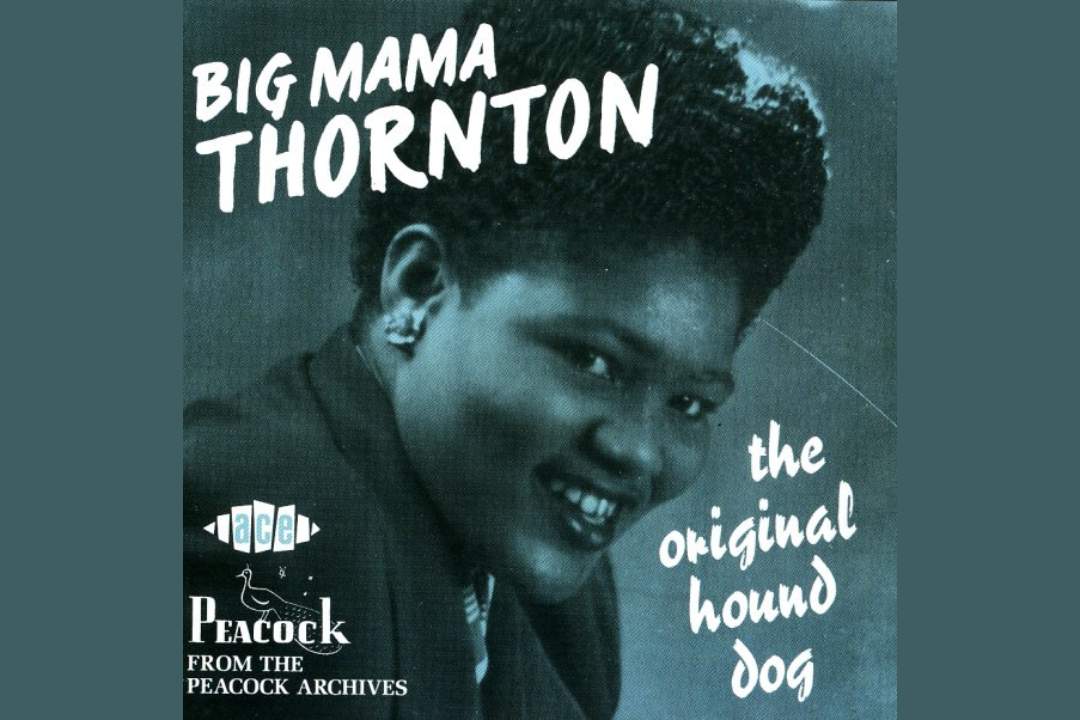
The Gulf Coast Sound: Music in Houston and East Texas Coastal Region
Did you know that Big Mama Thornton recorded in 1953 what was later Elvis Presley’s big hit “Hound Dog” at Peacock Records based in Houston’s Fifth Ward?
Do you want to visit archives at UH and other repositories as part of your research on the history of Houston’s music from the 1920s to the 1960s?
Join our unique research project, which focuses on collecting, analyzing, and refining data for the digital humanities project The Gulf Coast Sound: Music in the East Texas Coastal Region. You will have the opportunity to research and write about Houston musicians, bands, studios, and record labels, and your work will be essential in creating content for our digital humanities project. REACH students will learn how to conduct and engage in primary and secondary source research. Outside of two archival visits, the project work will be conducted virtually with weekly scheduled check-ins.
Project Contacts
Mary Manning
mmmanning@uh.edu
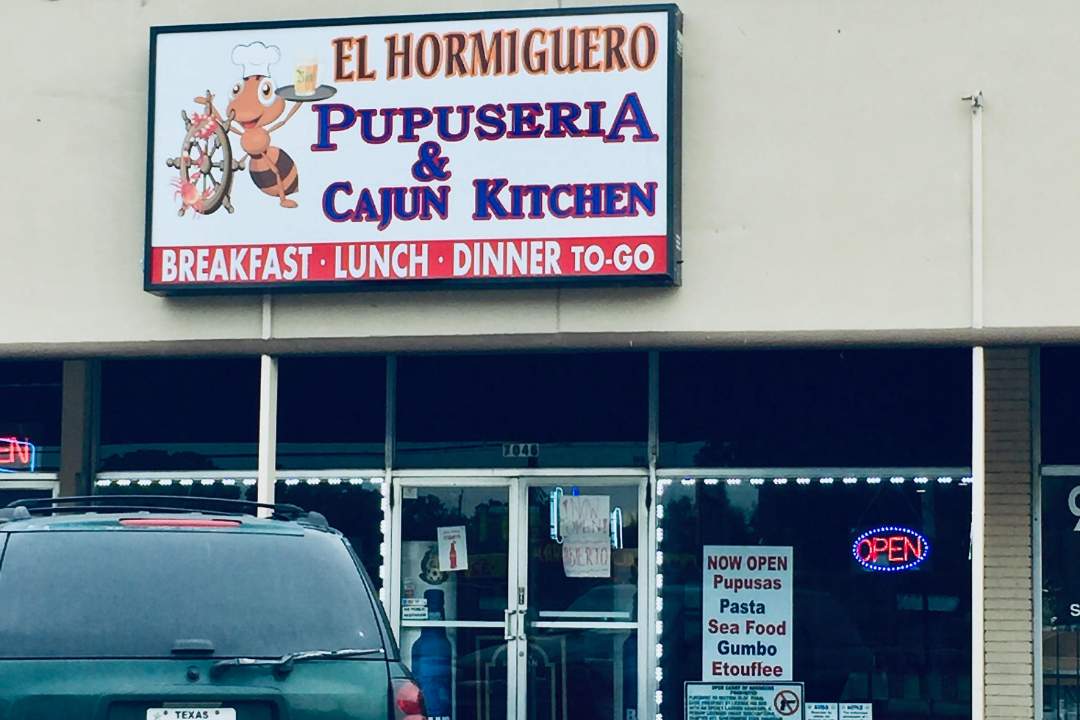
La Louisiane en Tejas: Gulf Coast Foodways in Southeast Texas
La Louisiane en Tejas: Gulf Coast Foodways in Southeast Texas is a public history/oral history and book project focused on the influence of Cajun and Creole Foodways on the food history of southeast Texas. This work considers Creole and African American cuisine from South Louisiana alongside Cajun foodways as the rich cultural products of a Greater Acadiana that expanded over time with little regard to state borders to play a critical role in shaping regional foodways. Considered whole, the foodways of Greater Acadiana have been shaped by violence, conquest, colonialism, and migration that continues to unfold - a legacy profoundly important to the region's evolving food history. Collaborative work with this project includes: oral histories, basic research, website implementation, photography, and other duties as assigned.
Project Contacts
Todd Romero
tromero@central.uh.edu
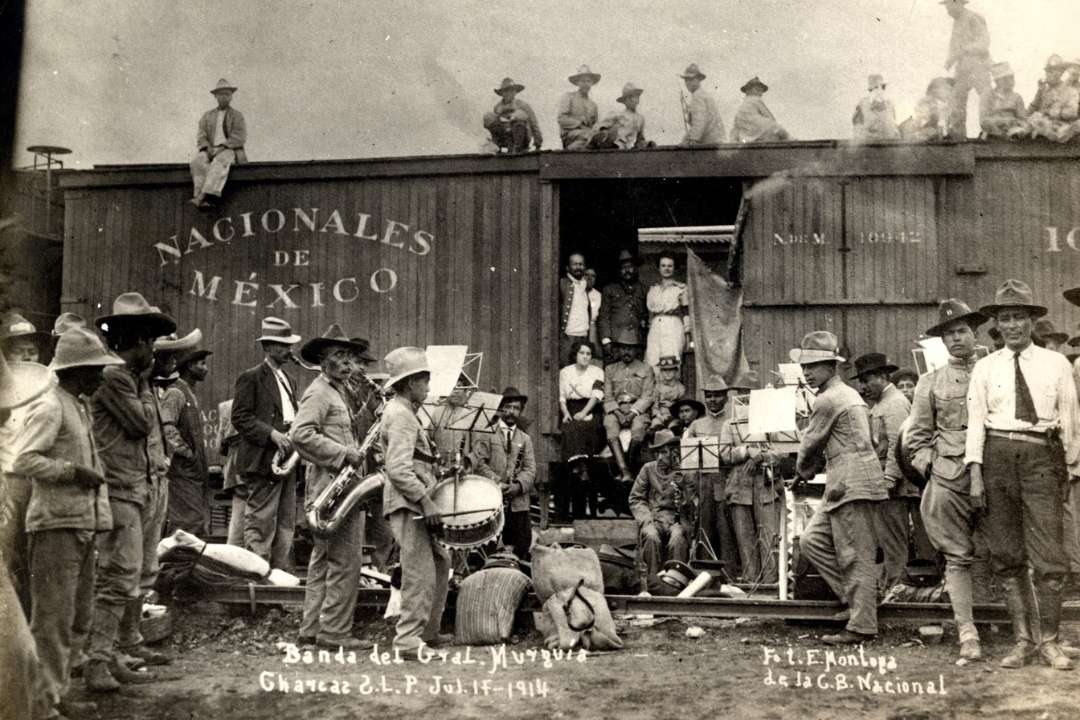
Recovering the US Hispanic Literary Heritage Program
The Recovering the US Hispanic Literary Heritage Program’s US Latino Digital Humanities (USLDH) program serves as a venue for scholarship focused on the US Latino written legacy that has been lost, absent, repressed or underrepresented. The USLDH program provides a physical space for the development, support and training in digital humanities projects using a vast collection of historical newspapers, photographs and digital materials; creates opportunities and facilities for digital publication of Latino-based projects and scholarship; promotes and fosters interdisciplinary scholarly work; provides a communal virtual space to share knowledge and projects related to Latino digital humanities; and establishes a Latino digital humanities hub.
REACH students will work with Latino archival materials in different capacities from handling and arrangement of historical collections to digital projects of the recovered items that include manuscripts, photographs, newspapers, correspondence, etc. The students will receive training in archival procedures, digital humanities tools and theory.
View the ongoing projects at the Recovering the US Hispanic Literary Heritage archives.
Project Contacts
lgauthereau@uh.edu
gbaeza@central.uh.edu
cvillarroel@uh.edu
mgselley@central.uh.edu
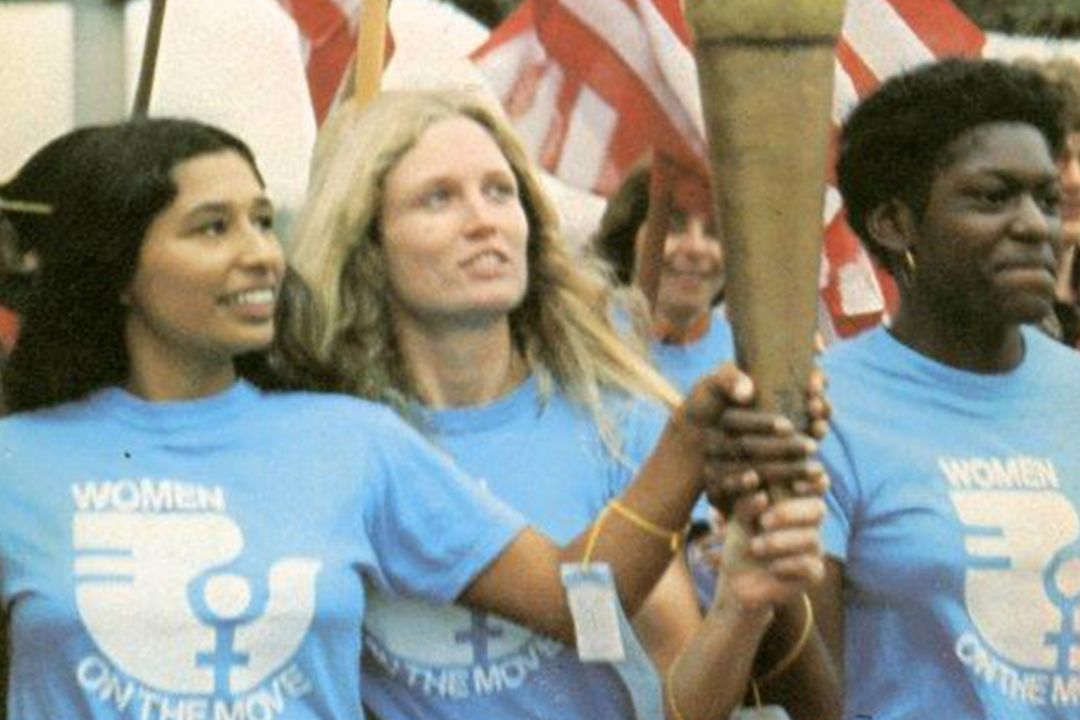
Sharing Stories from 1977: Putting the National Women's Conference on the Map
"Sharing Stories from 1977" focuses on documenting, preserving and analyzing the 150,000+ participant stories of 1977 National Women’s Conference in Houston. This multi-year, multi-state, multi-institutional effort, led by the University of Houston, aims to create an open-source digital archive that spurs quantitative and qualitative scholarship as well as public engagement.
Our project highlights the myriad identities and interests of participants at this most diverse gathering of American women in U.S. history. Our primary point of emphasis is to build out digital and brick and mortar archives, capturing demographic data, biographies, oral histories and ephemera. We connect humanities students with technology and design students in interdisciplinary collaboration on historical and technical aspects of the project.
REACH researchers' tasks could include drafting biographies, research and writing of interpretive essays, conducting oral histories, completing demographic research, public relations and social media engagement, archival research and liaison work with special collections and supporting our technical teams with back end web development and data visualizations.
View the Sharing Stories from 1977 website.
Project Contacts
nyoung@central.uh.edu
lrzarnow@central.uh.edu
sddavids@central.uh.edu
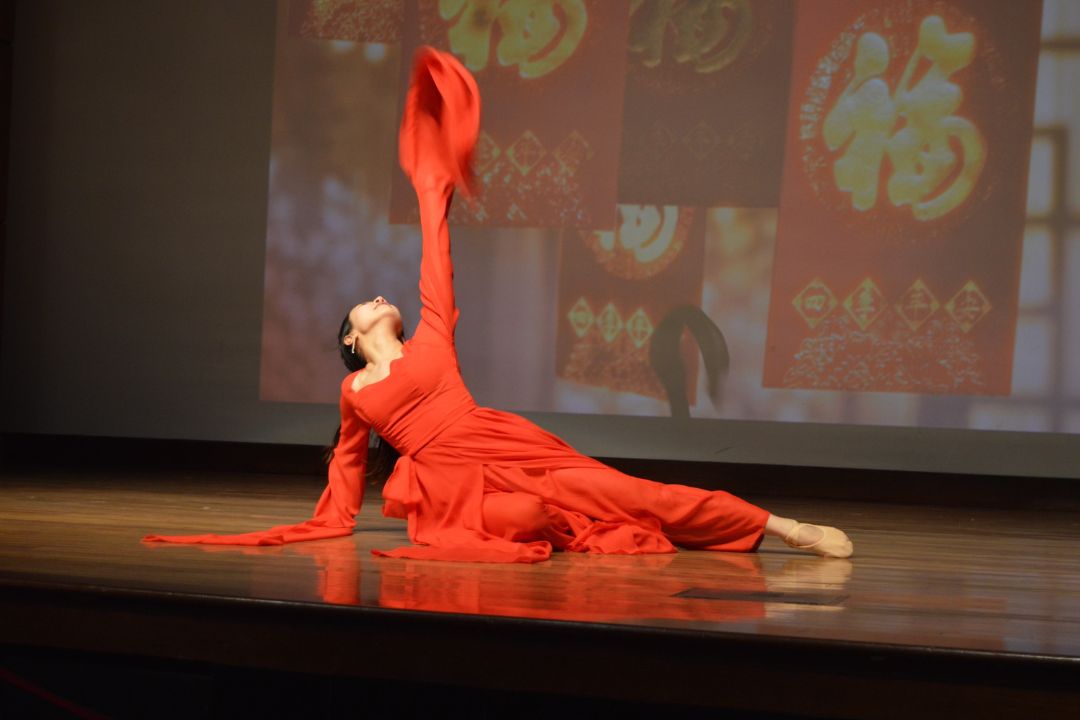
Dancing and Embodying the Chinese Diasporic Experience: Charting the New Cartographies of the Chinese Diaspora
The “Dancing and Embodying the Chinese Diasporic Experience: Charting the New Cartographies of the Chinese Diaspora” project examines how dance serves as a powerful symbol of the Chinese diasporic experience in literature, film, and media, representing the intricate cultural identities of the Chinese diaspora as well as their relationship to cultural heritage and identity. The REACH student will join this project in its beginning stages, learning foundational research skills including combing existing literature, contributing to a literature review, identifying primary and secondary readings, and formulating the key research questions.
Project Contacts
Melody Yunzi Li
mli40@central.uh.edu
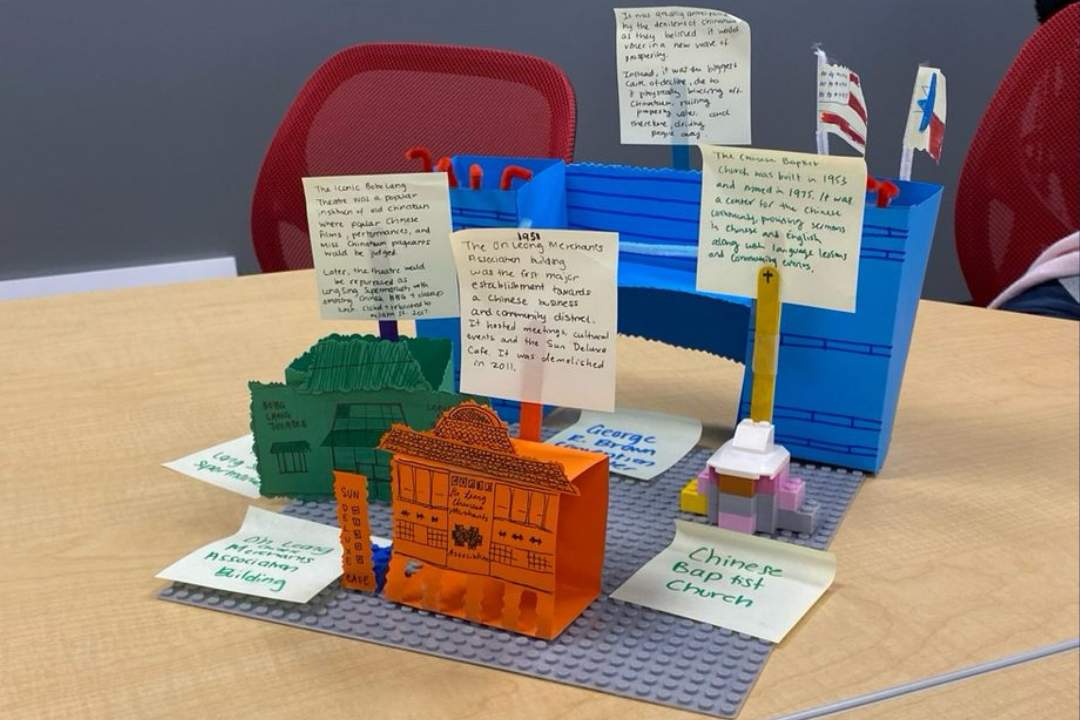
Mapping Houston's Old Chinatown
This project combines public history with digital humanities methodologies to research and preserve the history of Houston’s Old Chinatown in East Downtown. The goal is to highlight the contributions of immigrant communities in shaping Houston’s cultural landscape, as well as educate the public about the overlooked history of Houston’s Old Chinatown. The project is currently in the process of data collection and content creation with plans for a website to launch in late 2025. Our sources include archives from the Houston Metropolitan Research Center, Houston Public Library, Woodson Research Center at Rice, and more, in addition to members of the community. Currently, the Mapping Houston’s Old Chinatown team is working to conduct oral history interviews, write biographies of significant individuals in Houston’s Asian community, collect archival data, visualize spatial and demographic data with GIS mapping, and develop our website. We also plan for the website to eventually feature an interactive VR/AR Spatial installation, integrating photos, 3D artifacts, and a detailed story map. By utilizing archival research and storytelling, our website will bring Old Chinatown to life and provide an educational and accessible resource for the public.
View the Mapping Houston's Old Chinatown website.
Project Contacts
Melody Yunzi Li
mli40@central.uh.edu
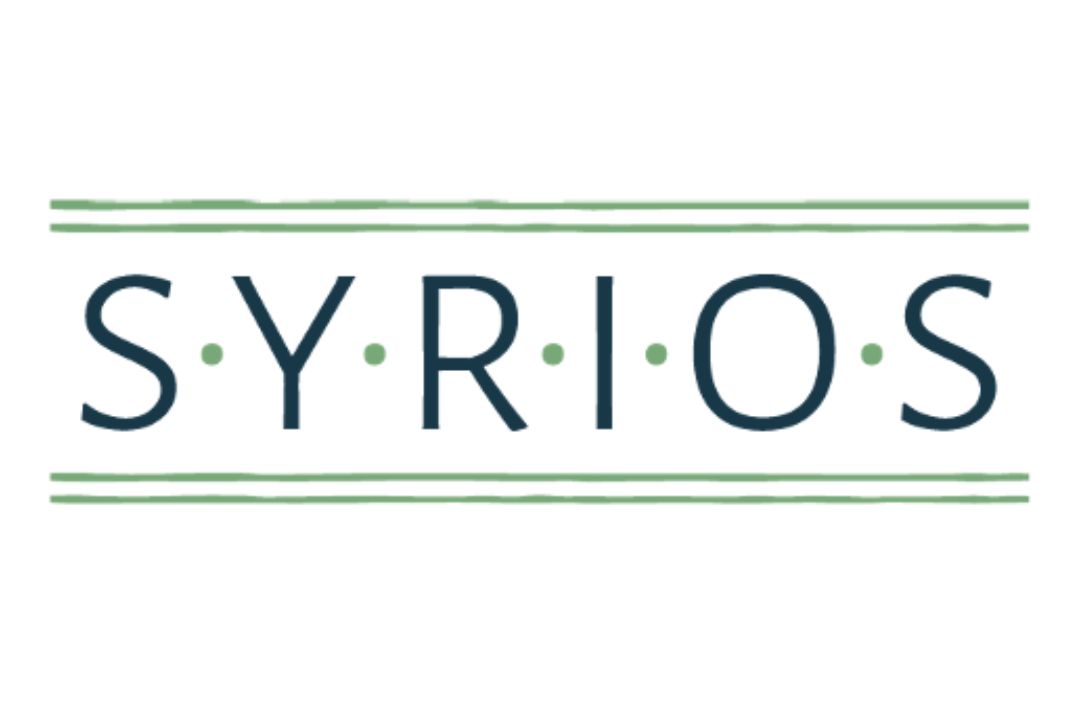
SYRIOS
Ancient coins have a tremendous story to tell about the past. This is especially the case for Syria, whose diverse citizens celebrated their communities with bilingual inscriptions and dynamic images - even after being conquered by Greek and Roman empires. Come join SYRIOS, a digital humanities project that tells these stories to a public audience through a virtual exhibit. Interactive narratives, 3D coin scans, and animations make these artifacts come alive and speak for the people who made and used them.
As a research assistant, you will help test the effectiveness of the project with its different audiences through user experience (UX) research. Additionally, you will assist in ongoing research on the topic of "data humanism" (the study of data not simply as numbers, but what it actually signifies: knowledge, behaviors, people). You will also gain technical skills and participate in a collaborative team process.
Project Contacts
kmneuma2@Central.UH.EDU
erodwell@central.uh.edu
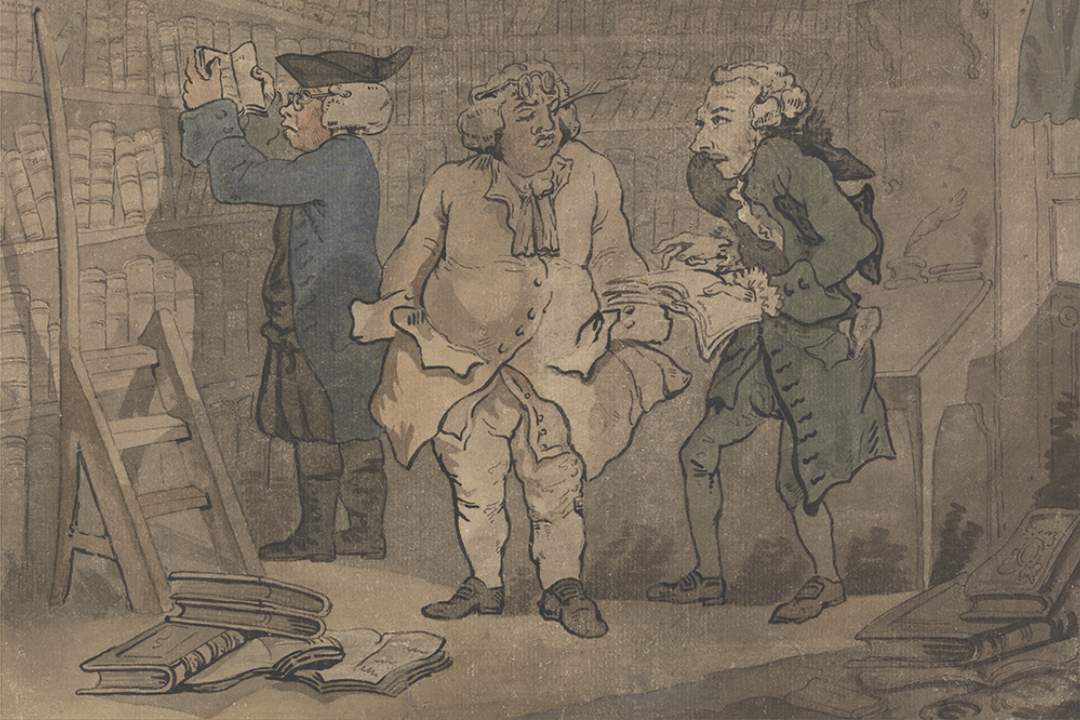
The Year 1771
What could seem more concrete, yet difficult to pin down, than the notion of a “year”? This project aims to convey some of the surprises of thinking through 1771, a single year in the literature and culture of the eighteenth-century British empire, as it was experienced by writers in three distinct locations: London, Edinburgh, and Philadelphia. And yet this single year, when viewed from the perspective of three major cities of the British Atlantic world, contains multitudes as well as an encyclopedic assortment of writing. The writings of this year, now increasingly digitized, are now available for inquiry and analysis in ways unimaginable to scholars even a few decades ago. These approaches should help us learn how to tell new stories about the authors and printers of this year, the genres they produced, and their responses to the year’s events.
The 1771 team is seeking student research assistants for its ongoing digital humanities project, which has already resulted in one collaboratively authored, peer-reviewed scholarly article and a forthcoming website to accompany its findings. The position will entail data entry and cleaning, along with some scholarly and editorial work associated with the project dataset and accompanying website. Though previous experience in digital research is not necessary, desirable candidates will be quick studies, good problem solvers, detail-oriented, and comfortable with technology.
Read more about the Year 1771 project.
View the Year 1771 project website.
Project Contacts
David Mazella
mazella@central.uh.edu